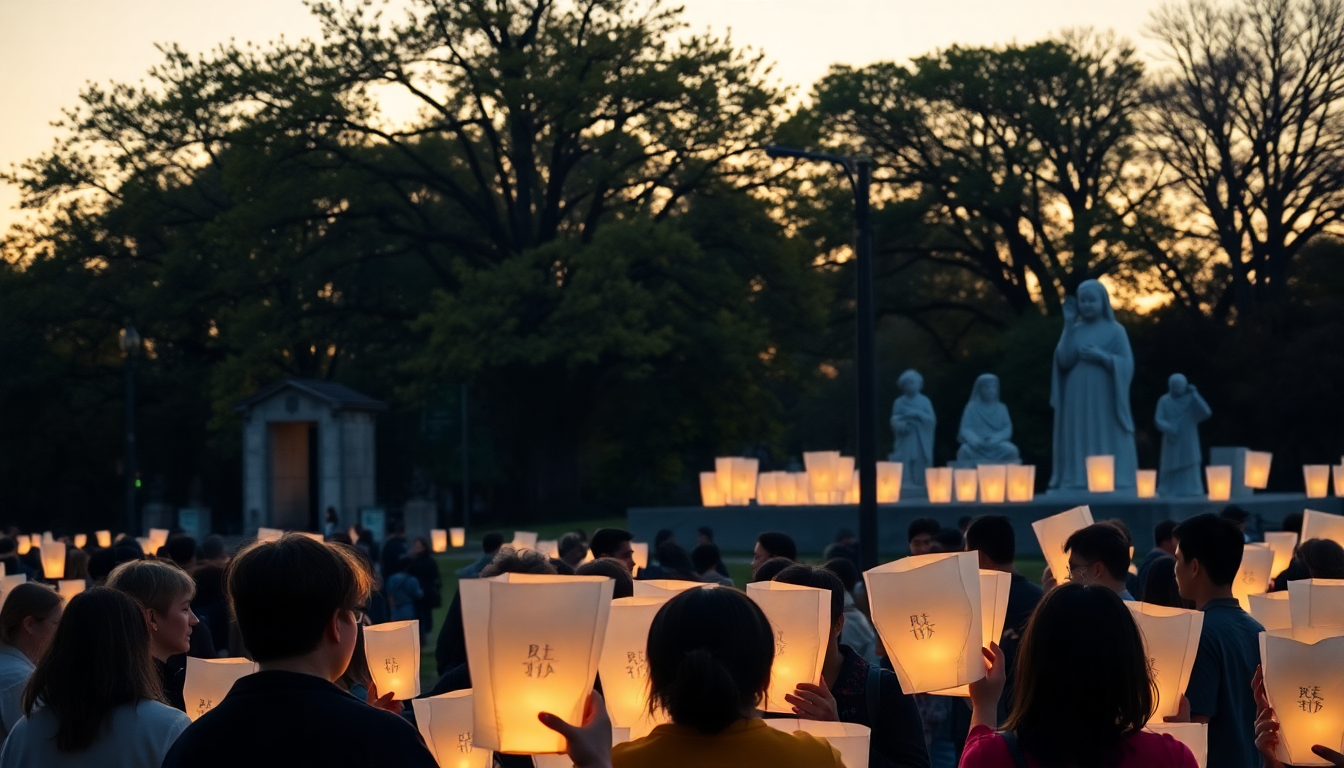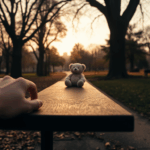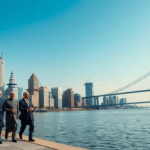Table of Contents
The 80th anniversary of the atomic bombing of Hiroshima is more than just a date on the calendar; it’s a powerful reminder of the devastating impact of militarism and nuclear weapons. As thousands gathered in the heart of this historic Japanese city, they came together not only to honor the lives lost but also to advocate for lasting peace.
Mayor Kazumi Matsui delivered a stark warning about the escalating global militarism, urging us to reflect on what happened in the past and how we can prevent it from repeating in the future. This commemoration reignites the conversation about nuclear disarmament at a time when the world feels increasingly unstable.
What lessons can we learn from Hiroshima, and how can we ensure such a tragedy never occurs again?
The Historical Context of Hiroshima’s Tragedy
On August 6, 1945, Hiroshima faced unimaginable horror when a uranium bomb, known as Little Boy, was dropped by the United States.
This catastrophic event resulted in the immediate deaths of around 78,000 people. But the tragedy didn’t end there; thousands more suffered from injuries and radiation exposure, leading to a total death toll that continued to rise throughout the year.
This event, followed closely by the bombing of Nagasaki, marked a pivotal moment in World War II, ultimately leading to Japan’s surrender on August 15, 1945. Interestingly, Hiroshima was chosen as a target due to its geographical layout, designed to maximize the bomb’s destructive power.
How can we possibly understand the scale of such devastation?
Each year, the Hiroshima Peace Memorial Park transforms into a sacred space for reflection and remembrance, attracting delegates from around the globe. This year’s ceremony was particularly noteworthy, with representatives from 120 countries attending, underscoring a shared commitment to peace and disarmament.
The memorial service follows a touching sequence, starting with children and attendees offering flowers and water—symbolic gestures of aid to the survivors of the atomic bomb. Isn’t it moving to see such a global gathering dedicated to honoring the past and advocating for a better future?
The Current State of Global Militarism
During the memorial, Mayor Kazumi Matsui didn’t hold back in expressing his deep concerns about the troubling resurgence of militarism among today’s world leaders. Many justify the existence of nuclear arsenals as vital for national security, a perspective Matsui challenges. He pointed out that the United States and Russia collectively hold a staggering 90 percent of the world’s nuclear warheads. Doesn’t this stark reality contradict the invaluable lessons we should have learned from Hiroshima? Matsui urged global leaders to visit the city and witness the remnants of nuclear devastation for themselves.
As the ceremony progressed, the voices of survivors, known as hibakusha, echoed with urgency and wisdom. Their stories serve as powerful reminders of the past, especially as we see rising militarism today. At 71, Yoshikazu Horie shared his fears for future generations amidst increasing geopolitical tensions, particularly in Europe and Asia. The hibakusha, once sidelined due to unfounded fears about their health, now represent a shrinking population, with fewer than 100,000 survivors alive this year. How can we ensure that their voices continue to be heard?
Looking Forward: The Path to Disarmament
Despite Japan’s stated commitment to nuclear disarmament, it remains outside the UN treaty that bans nuclear weapons. This contradiction raises significant questions about the effectiveness of current global frameworks designed to promote peace. The anniversary of Hiroshima serves not only as a solemn memorial for the past but also as a rallying point for advocating a future free from nuclear threats.
As the international community reflects on the profound lessons of Hiroshima, the urgency for disarmament and peace grows stronger. Each annual commemoration reminds us of the critical work ahead to ensure history doesn’t repeat itself. With the collective memory of Hiroshima and the stories of its survivors guiding us, there’s a glimmer of hope that future generations can live without the constant fear of nuclear conflict. Isn’t that a future worth striving for?





